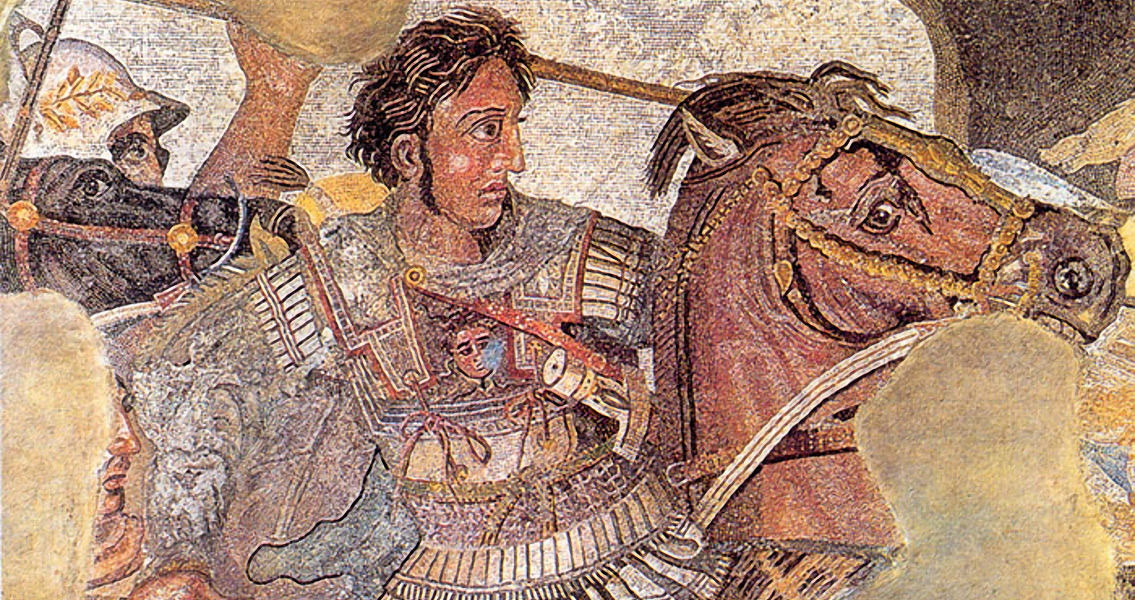<![CDATA[After years of relentless fighting and conquering, Alexander the Great died in early June, 323 BCE. Aged just 32 at the time of his death, the Macedon king had built one of the biggest empires in history, stretching across Europe and Asia, from Greece to India. Alexander the Great's death came while his empire was its peak. Within a year of his passing away his armies had broken apart into warring factions, uprisings started in the conquered territories and his legacy crumbled. Partly a consequence of the leader having failed to choose a successor, the collapse also revealed just how central his skills as a strategist and leader had been in binding together the diverse empire. What caused Alexander's death however, has likely been lost to history, with a multitude of theories about what exactly cost him his life. After years of relentless fighting, which by 327 BCE had seen his armies conquer India, Central Asia and Afghanistan, Alexander's troops were completely exhausted; incapable of fighting on. He led them back to Babylon (in what is now Iraq), making a perilous journey through the inhospitable Makran Desert. Once in the city he made plans to expand his empire even further, ordering the construction of a massive fleet of ships and, according to some sources, considering launching a campaign against either Rome or Carthage. Following a banquet hosted by one of his closest friends, which involved a day of feasting and drinking, Alexander fell ill, complaining of a fever. His condition deteriorated rapidly, the king of Macedon losing the ability to speak and walk. Twelve days later he succumbed to the fever, and died in the palace of Nebuchadnezzar II. Historians have made a number of suggestions as to what killed Alexander the Great so dramatically and at such a young age. The most widely accepted belief is that he succumbed to disease. In 1996, Eugene Borza, a scholar specialising in ancient Macedon history, took part in a medical board of inquiry and reached the conclusion, based on descriptions of the symptoms, that Alexander the Great had died of Typhoid fever. Other diseases have been suggested, including smallpox, malaria and leukemia, or that he died from complications connected to a previous lung injury. Others however, take a more cynical view of the leader's death. They claim that Alexander was murdered, likely by poison. A 2014 study by Dr Leo Schep, a toxicologist from New Zealand, claimed that Alexander's symptoms leading up to his death could have been the result of drinking poison from the Veratrum album plant. There is evidence that some dissatisfaction had spread through Alexander’s senior officers in the last few years of his life, shown by a strike in 325 BCE when his army refused to march through India. It is possible, therefore, that Alexander was the victim of a conspiracy among his commanding officers, launched perhaps out of fear that the campaigns Alexander was planning during his stay in Babylon would be too costly. Whatever the cause, Alexander’s death over 2,000 years ago drastically altered the course of history in the Ancient World, creating a power vacuum which descended into a period of intense fighting among his former subordinates and subjects. ]]>
Alexander the Great's Mysterious Death
